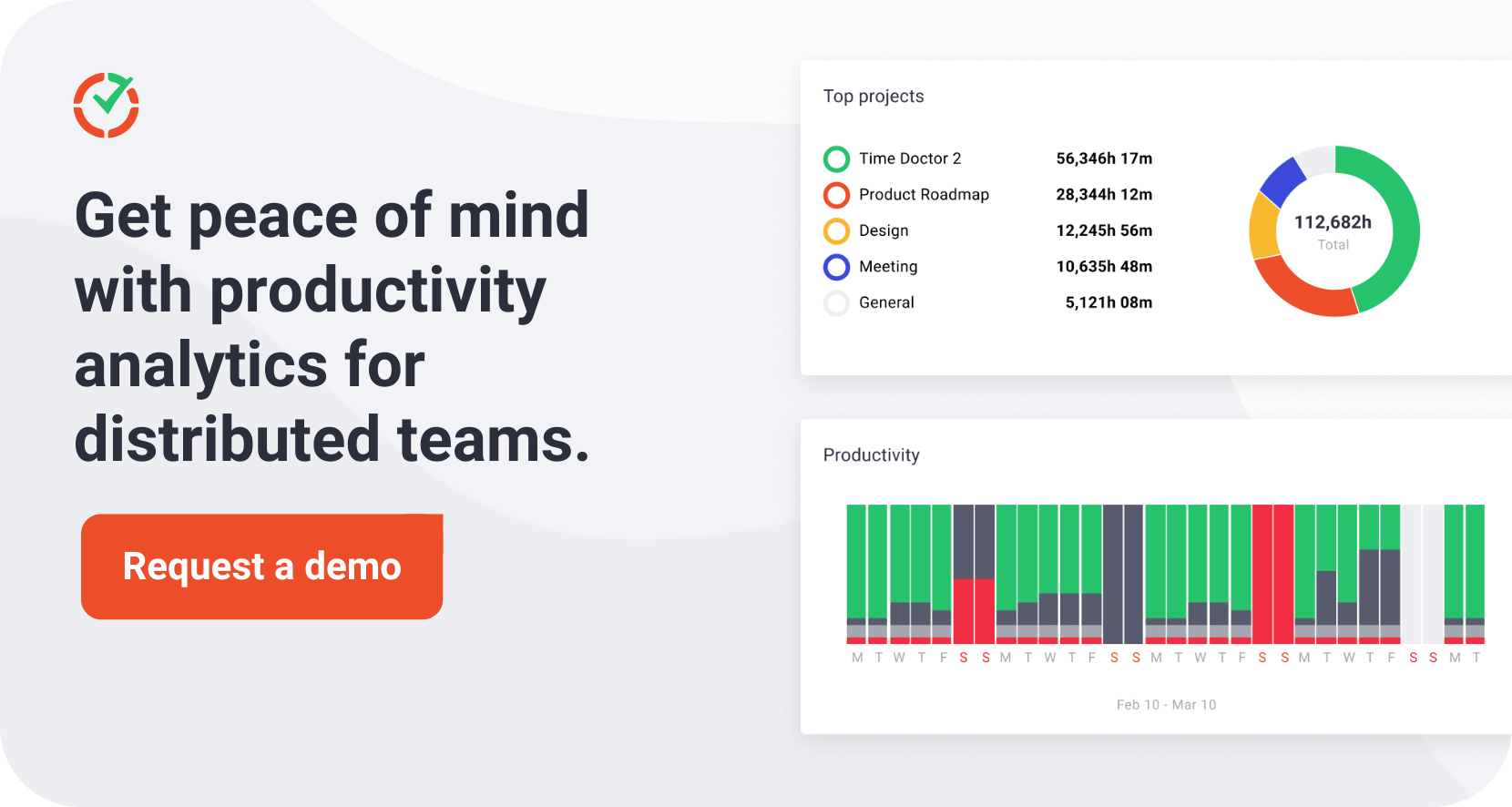Tata Consultancy Services (TCS), considered one of the world’s largest IT services firms, recently modified its policy. From October 1 this yr TCS has directed its employees to work from the office five days a week.
Because of this of this latest policy, employees who don’t comply may face disciplinary motion from the corporate. Employees and employers expressed different perspectives and considerations regarding this decision.
Worker’s perspective:
- Mixed reactions: Employees have different reactions to this alteration. Some are excited to return to the office, citing a desire for social interaction and a structured work environment. Nonetheless, others express concerns about commuting, work-life balance and potential health risks.
- Commuting and luxury: For a lot of, returning to every day commuting is sort of a challenge. Long hours spent commuting to the office may be tiring and impact your overall productivity.
- Work-life balance: Employees who’ve turn out to be accustomed to the pliability of distant work are concerned about how the change will affect their work-life balance. Balancing personal responsibilities and work hours could be a source of stress.
- Mental health considerations: Returning to the office may cause mental problems for some employees. Anxiety and stress related to changes in routine and social interactions should be addressed.
Employer’s perspective:
- Productivity and collaboration: TCS’s decision to return to an office-centric model is driven by the idea that non-public collaboration increases productivity and fosters innovation. Face-to-face interactions can promote faster decision-making and knowledge sharing.
- Corporate culture: Maintaining and nurturing company culture is a priority for employers. Physical presence within the office helps construct a way of belonging and customary purpose amongst employees.
- Security and data protection: For firms like TCS that handle sensitive customer data, ensuring the safety and confidentiality of knowledge is of utmost importance. Having employees in a controlled office environment can reduce security risks.
The long run of labor
TCS’s decision to finish its hybrid work model signals a shift in how some firms approach work in a post-pandemic world. Nonetheless, it will be significant to keep in mind that there isn’t any one-size-fits-all approach to the long run of labor. Each organization might want to rigorously consider its unique situation, worker preferences and industry dynamics to find out probably the most appropriate work model for its future success. Adaptability, technology and a concentrate on worker well-being will proceed to be vital aspects shaping the long run of labor across industries.
- Time Tracking: Time Doctor offers detailed time tracking capabilities, enabling employers to watch working hours and productivity whether employees are within the office or working remotely.
- Personnel Management: Employers can use Time Doctor to administer schedules, assign tasks and track progress, ensuring employees not sleep thus far with their work.
- Performance analytics: The software provides worthwhile insights into worker performance, helping employers discover areas for improvement and make data-driven decisions.
- Flexibility: Time Doctor may be configured to accommodate flexible working hours and distant work, making it a flexible tool for firms transitioning from an office-based to a hybrid model.
Application
